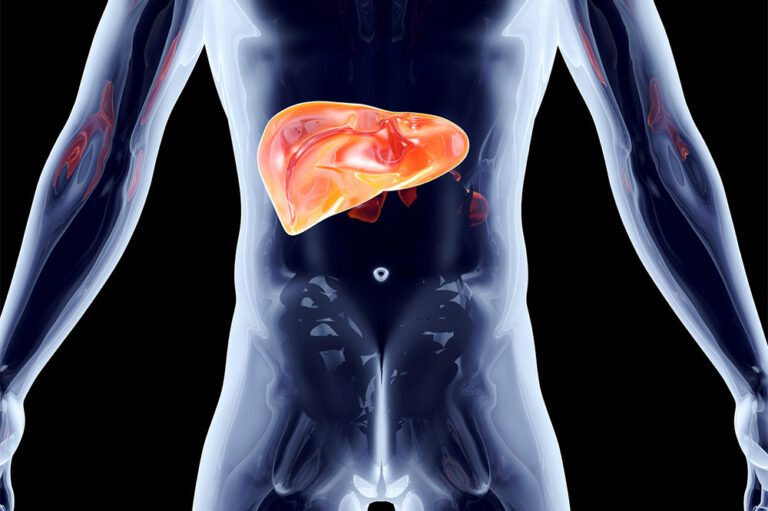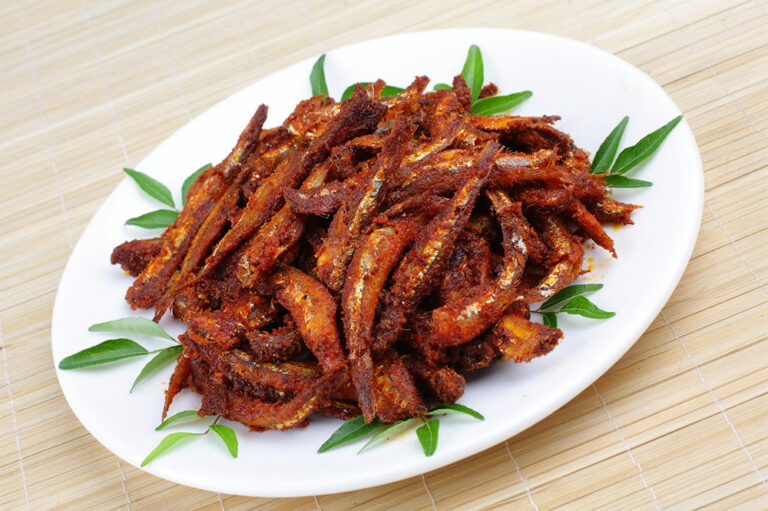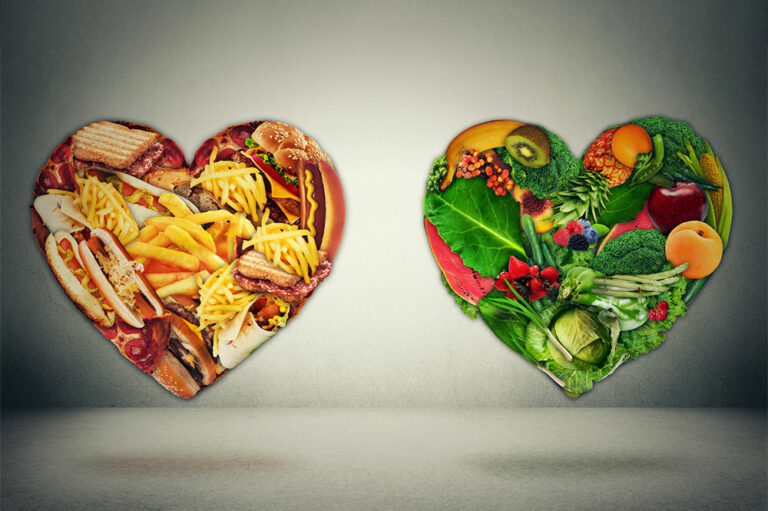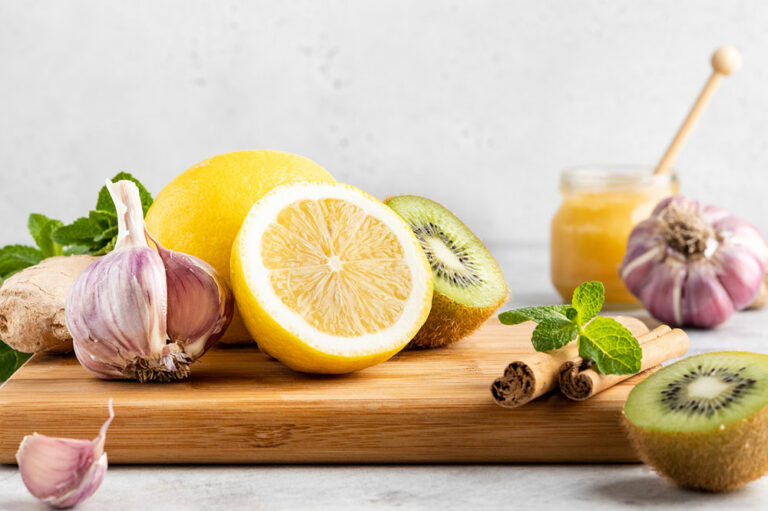
Managing immune thrombocytopenia – Foods to eat and avoid
Immune thrombocytopenia or ITP is a disease that is often characterized by low platelet count in the body, where the patients may find themselves bleeding profusely due to frequent bruising. It is an immune condition against the body’s platelets that can cause immense stress and discomfort, managed by proper treatment and lifestyle changes. Other issues that can be faced due to the illness include bleeding gums and internal bleeding.
What is immune thrombocytopenia?
It is a blood disorder that is often diagnosed by a decrease in the number of platelets in the body. Platelets are the cells that help circulate blood from one part of the body to another. These tiny cells come together when they identify damaged blood vessels and cause the blood to clot and stop its outward flow. However, in patients suffering from immune thrombocytopenia, fewer platelets can lead to uncontrolled bleeding, weakness, and other problems.
Foods to eat
In addition to seeking advice from a healthcare professional and following the treatment plan set by them, the patients can also choose to make certain lifestyle changes, including food habits, to help ease the problems caused by the illness. These changes may help in increasing the platelet count and lessen their stress . Let’s look at some of the foods that can help manage the effects of immune thrombocytopenia.
Fresh fruits and vegetables
One of the components that may support platelet production in the body includes folate. This can be found in plenty of fresh fruits and vegetables, especially leafy ones like spinach and kale. In addition to this, fresh fruits like grapes, lemons, and oranges are also rich sources of other nutrients that can aid in all bodily functions and healthy blood circulation.
Foods loaded with healthy fats
Healthy fats often found in nuts, seeds, nut butter, and fruits like avocado provide the body with healthy fats and various other nutrients that are immensely helpful to the body. These foods also help add to the calorie count and counter the fatigue caused by immune thrombocytopenia.
Protein-based foods
Protein plays a significant role as it is one of the building blocks for multiple processes in the body. Additionally, it also aids in ensuring that there are no dips and increases in energy levels all through the day. Some rich sources of lean protein include fish, lentils, beans, and soy products.
Foods to avoid
People suffering from the platelet disorder may face a lot of tiredness, hindering their ability to continue their day-to-day activities. Therefore, it is important to avoid certain foods that can trigger the symptoms of the condition over a period of time.
Concentrated foods
Certain foods may interfere with the blood clotting process, increasing the chances of uncontrolled bleeding. So it is advised to avoid garlic, ginger, onions, blueberries, and red grapes as much as possible.
Foods high in saturated or trans fat
Processed foods such as sausages, tinned veggies, and especially fast foods contain trans fats that can hamper the treatment plans recommended for the illness. Also, saturated fats found in various types of meat and dairy products can become a hindrance in disease management.












